The newly integrated grading system is unnecessary, perplexing, and is going to cause problems in the academic lives of students
The grading system that was in place prior to this school year is one that we’re all familiar with. On this scale anything below 59% was deemed an F. Teachers were also allowed to have their own late work policies.
Both of these systems worked together in order to, as accurately as possible, assess the student’s level both intellectually and when it came to academic integrity, both in terms of cheating and honesty.
The new grading scale lacks a much-needed emphasis on effort and efficiency, which the article defines as students’ hard work put into all non-test related assignments (homework, class discussions, and extra credit), as well as the time and skill level they show with the work they’ve submitted. The absence of these core components is baffling and entirely unjustified.
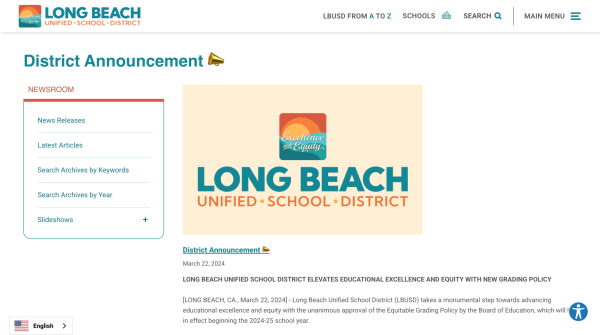
This new system as a whole isn’t too far off from the one students have become accustomed to over the years, however, the few new inclusions that it does present (the two-week late gap to submit work, a change in the lowest percentage for an F grade, no longer allowing extra credit, and placing more of a spotlight on quality of tests and projects opposed to smaller assignments and class discussions), have already proven to be a negative in the lives of some students.
COMPASS English teacher Michele Mize says, “What’s going to happen is that kids are gonna start to rely on it too heavily, and then they’re going to start swimming in missing assignments.” Mize believes that students will begin neglecting their work due to the two-week gap to turn in assignments, which I strongly agree with.
The fear of falling behind in assignments raises an obvious concern, as time management is not only an important life skill but an extremely important skill for students, which is why it’s so troubling that it’s barely factored into assessing students.
Mize goes on to state that “while I do see a little bit of value in it, in the end, until we have it solidified and in place authentically, I feel like it’s going to increase the learning gap.”
The gap that Mize mentions is especially relevant when it comes to discussing grades, as ever since the COVID-19 epidemic, this gap has widened exponentially, meaning students’ actual knowledge isn’t at the level needed to truly prosper in the grade that they’re in. I believe that this new scale will only worsen this gap, making it an even bigger problem than it already is, because not enough resources are being provided to help the students who are behind due to the effects of the pandemic.
Heidi Lund, a QUEST geometry teacher says, “As a parent, I’m for it, but as a teacher, it’s been difficult. I think that for some students it’s hindering their motivation to get things done.”
“I think that [the new F percentage] can be very motivating to a student who is really struggling, and they no longer see the hole being so big,” says Lund. “However, when you have two students that are sitting next to each other and you have one who isn’t doing anything and one that’s just not doing well, there’s a difference, which is going to show in the 45-50 range.”
Lund states that “it is motivating, but then at the same time I feel like students think they can do less now to pass a class.”
Lund and I have a similar outlook on the system as a whole. We both believe that some good issues were addressed (mainly the F change, which has a real chance of helping students increase their grade if they did poorly on a big assignment), but the overall execution of these changes is going to negatively affect students in the long run by making it harder for them to stick to deadlines.
PEACE freshman Scarlett Watts has a different view on the changes introduced by the new system. She says “Yes [to the necessity of the changes], because all students with different academic backgrounds and weaknesses have an opportunity to improve.”
She also believes that the new system will help decrease stress amongst students and take off some of the pressure when it comes to getting low scores on missing assignments.
In spite of the fact that our opinions are drastically different, Watts’ perspective on the changes offers an interesting insight into the mindset of students, especially when it comes to the two-week late work gap.
Extra time to work on assignments is a good thing, but too much time is going to cause some students to ignore official due dates, procrastinate, and eventually forget to turn their work in all together. I feel if this gap was shortened to one week this would be significantly less of a problem.
Andrei Cruz, a freshman in QUEST is of the opinion that the new system is uncalled for and that there weren’t enough changes to warrant the switch. “I don’t think the change was necessary because the grading system before was just fine,” says Cruz. “There isn’t much of a difference with the new change so it didn’t seem necessary.”
Cruz believes that “An increased focus on tests and projects makes sense, though I feel assignments should also help more towards your grade since they can show you know the topic as well.”
Although this new system has the potential to grow on both students and teachers over time, I don’t think it should get the chance to. The system doesn’t teach students healthy habits when it comes to time management, and it doesn’t focus nearly enough on every day, smaller-scale assignments like homework and classroom worksheets, which are a big indicator of a student’s understanding of a particular subject.
When connected to the topics being taught in class, extra credit is a really helpful tool for students who might be bordering on a passing grade. A ban on it (done as an attempt to eliminate bias in the grading scale and better balance the playing field amongst students) was completely unwarranted, as the students who have the chance to do it should still have the opportunity.
Change is bound to occur, especially in education, but this is one change that wasn’t given nearly enough thought. All of the adjustments made, although backed by good intentions, are incredibly surface-level, and do little to nothing in terms of helping students who are struggling, or improving upon flaws in the previous system.
Bottom line is that students are going to suffer because of these changes, and until the district comes up with something better, we’re going to see a steady decline in the grades and academic efficiency of students.




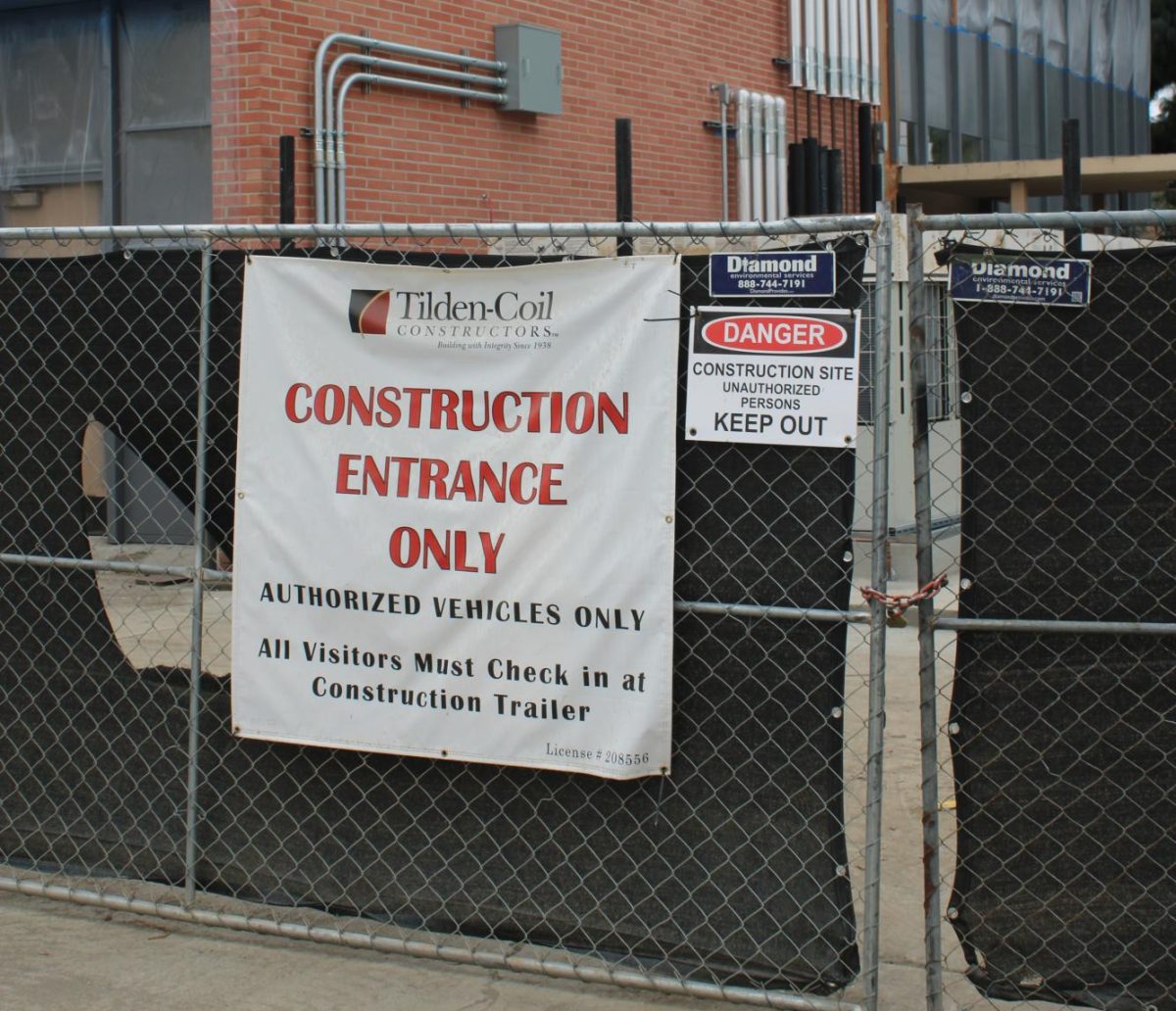















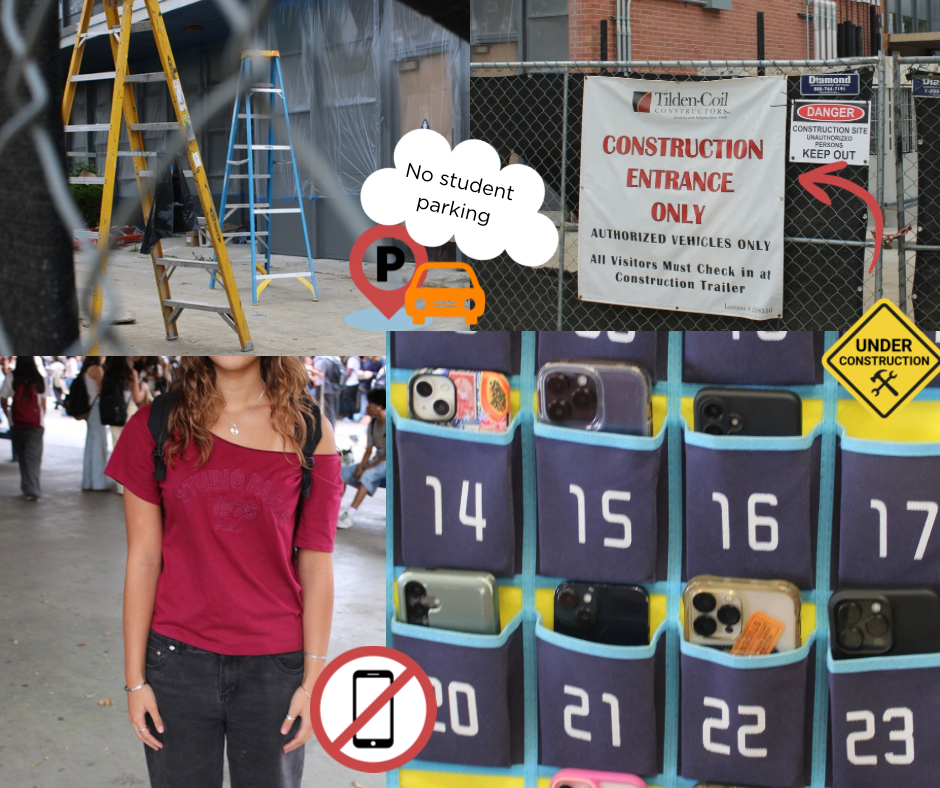




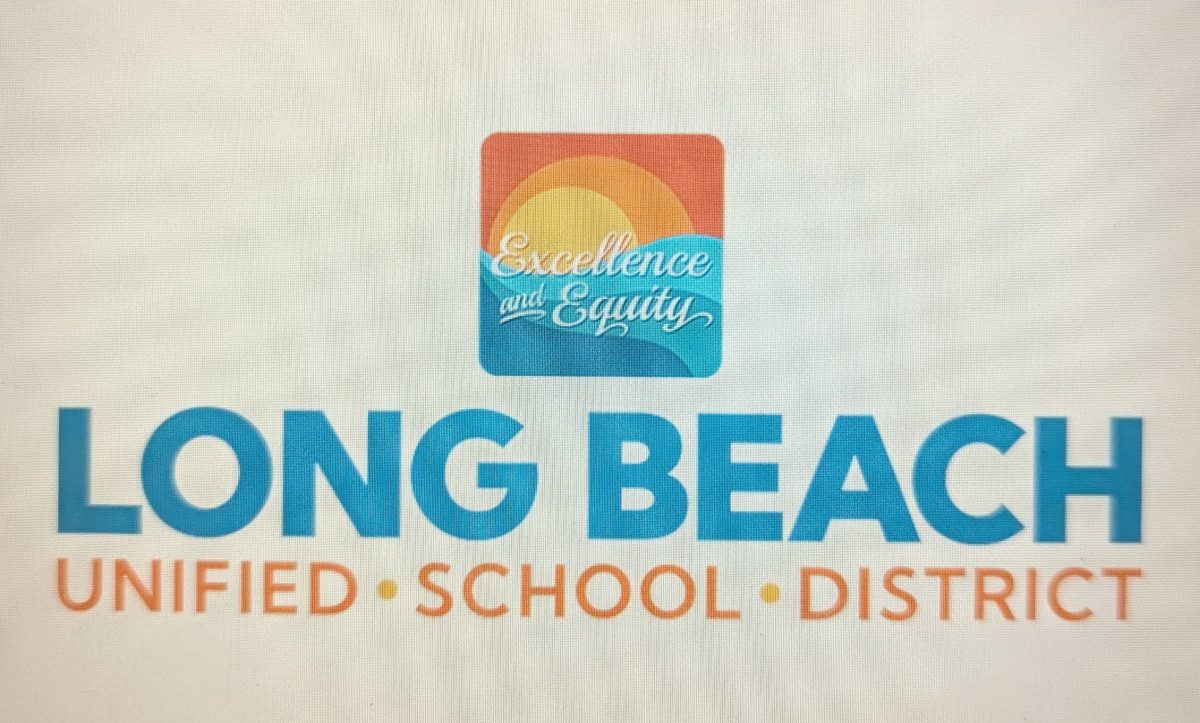

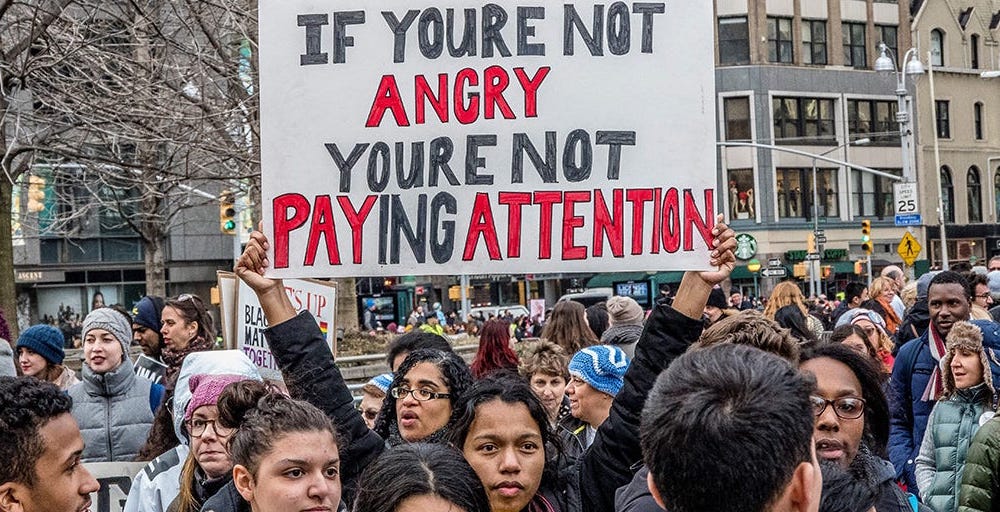



Kyle Ing Kao • Jan 22, 2025 at 7:45 am
January 15, 2025
Dear Corydon Editor,
The Staff Reporter Nicole Daigle created an article titled “New District Grading System” on January 10th, 2025. It was a great idea by Corydon to bring up this topic because many students, especially those in AP classes, are upset with the policy. As most students have discovered, the new grading system has started to create problems that were never apparent in the first place whilst making old problems harder.
The article brings up topics such as procrastination, a long-time problem for students alike. The feeling of “I can do it later” and “Just one more day” was already an apparent problem for most students, saying the pressure builds up motivation. With the new grading policy, all it does is push that same feeling onto us even more with the 2 week grace period for homework. This goes o against focus which was a main goal of the new grading system so hopefully the school board can change it soon.
Sincerely,
Kyle Kao
Diego Rodriguez • Jan 17, 2025 at 11:50 am
January 15, 2025
Dear Corydon Editor,
On January 10, 2025, Nicole Diagle wrote an article titled “New District Grading System”. This article does a great job of criticizing the new grading system implemented by the district, and bring up many solid points backed up by valid evidence. I appreciate how the article explains how the previous grading system functioned and compared it to the new grading system. The article also backs up their arguments by getting the opinions of many teachers and students of the school. This helps the audience see multiple different perspectives on the topic. I also noticed that the article still brought up how this new grading system is beneficial in some aspects, which is important because the new grading system cannot be completely invalidated, but the article explains why the negatives outweigh the positives. One suggestion that I could recommend to the writer is to get perspectives from the math teachers, more specifically the ones that teach statistics. My FST teacher mentioned how before, with the previous grading system, there would be more students that would get F’s but also more kids that got A’s, and that the new grading system would help less students fail their classes. The issue with that is it causes the average grade to be a C, which would make it harder for students to fail, but also harder for students to get A’s and B’s. To conclude, this is a great article that explains why our new grading system isn’t the best and can cause more issues for students and teachers.
Sincerely,
Diego Rodriguez
Diana Martinez • Jan 16, 2025 at 10:09 pm
This well-written opinionated piece thoroughly explained teachers’ and students’
different perspectives towards this new system and the concerns it raises. I appreciate the credibility Daigle obtained through the personal experiences of teachers such as Michele Mize and Hedi Lund. These teachers have been teaching for a while, therefore they can compare students’ efficiency in the new grading system to the old grading system and how it truly affects
their students. Additionally, Daige pointed out how this new system can negatively affect students because of the two-week late work policy and how it can lead to suffering consequences in the future. It suggests that the new grading system is not the best for students’ interests because it allows for more emphasis on tests rather than effort and efficiency. Daigle did an
excellent job of contrasting the old grading system with the new one to inform her audience of the issues with the new grading system by providing the insights of students. However, I’d suggest interviewing upperclassmen since they have more experience in the older grading system during high school. To give their opinion and how they have seen a change in their grades and time management compared to their freshman year. Overall, Daigle composed an excellent
article that clearly describes the feelings and the improvements that can be made in the new grading system, while also stating her opinion.
Patrick Chhay • Jan 15, 2025 at 9:01 pm
January 15, 2025
Dear Corydon Editor,
On January 10, 2025 Nicole Daigle wrote an article titled “New District Grading System”. I appreciate that the writer got the opinions of both teachers and students on the new grading system. I also praise that the writer thoroughly explained and used heavy reasoning to support their claim. Rooms for improvement in the article is to provide a wider range of varying perspectives on the grading system.One suggestion that have is that when getting the opinions of students on the new grading, I would recommend getting students who are juniors and seniors because they are well experienced in how the old grading system works unlike freshman who have never experienced the old grading system in high school so they are not as experienced with the topic. A question I have is whether the writer thinks that the old grading system was the best one to use in schools or if they should make a newly revised grading system. What would be the absolute best grading student to maximize a student’s success?
Sincerely,
Patrick Chhay
Madeline Palm • Jan 15, 2025 at 3:16 pm
On January 10, 2025, Nicole Daigle wrote an article titled “New District Grading System”. The article notes how the recent changes in the grading system has some flaws and doesn’t value effort and efficiency. The article describes the different details included in the new grading system. Due to the changes in the grading system it is a concern by students and teachers, such as Michele Mize that students may begin neglecting their work because of the extended time given to turn in late work. As a student I also share that concern because with this adjustment due dates are looser. I liked the inclusion of different teachers’ and students’ views on the changes, this gave a valuable insight into the benefits and downsides of the new grading system. The new grading system seems to be somewhat beneficial to students, but these changes are not useful when preparing students for life outside of high school because of the lessened value placed on time management skills.
Kirshtein Bustillo • Jan 15, 2025 at 1:56 pm
On January 10, 2025, Nicole Daigle wrote an article titled “New District Grading System”. This article discusses the flaws of the new grading system, especially with the two-week late gap for assignments. On the other hand, it talks about the positive side of the grading system as it can help struggling students and lower the pressure and stress put upon assignments.
As a student, I agree with the unnecessary two-week late gap for assignments since it can encourage students to turn things in late and not follow deadlines. This can hinder them in the future, especially as they enter the workforce and they are expected to meet tight schedules. Despite this, I also believe that it could be beneficial for students since it lowers the pressure of finishing assignments especially with personal busy schedules.
I like the different opinions from both students and teachers because it shows the perspectives of all sides, whether it’s positive or negative. The writer does a wonderful job describing how the system works and how it could be improved in the future.
Dylan Murray • Jan 15, 2025 at 1:53 pm
On January 10th, 2025, Nicole Daigle wrote an article titled “New District Grading System.” This article elaborates on the issues surrounding the recently changed grading scale, which has been a controversial issue ever since. Daigle’s usage of multiple sources brings this topic to light through the usage of many teachers at Millikan High School such as Heidi Lund, Andrei Cruz, and Michele Mize where they discuss how, while it may seem beneficial initially, it will overall lower the effectiveness of a student. She examines new policies such as the “two-week late work gap” which allows students to procrastinate and ultimately become flooded with missing assignments.
This article is very insightful and useful to students in the lbschools district as we all are subject to this new issue. As I read the article I found myself wanting to know more about each perspective on the issue from that of teachers and students seeing how they’ve been able to react to it. While as a student I enjoy having a two-week late work gap, I end up finding myself in a position filled with work that needs to be done. All in all, Daigle’s article does an outstanding job of informing students and teachers about the good and bad that comes with the new grading scale.
Alexander Alvarez • Jan 15, 2025 at 1:52 pm
January 15, 2025
Dear Corydon Editor,
On January 10, 2025, Daigle wrote an article titled “New District Grading System, Why it’s Unnecessary”. I like how it goes into detail about the newly integrated grading system the district has put into place this school year, but I would like to know what was wrong with the old grading system? I appreciate the inclusion of photos that show the day when LBUSD made the announcement about the removal of the old grading system. I like the vast amount of information it provides about the negative impact of the new grading system on all the student’s education throughout the district, but I would also like for articles like this one in particular, to input in comments made by parents if possible.
To add on, this article does a good job at adding in the thoughts of the teachers about the new grading system and how it may decrease a student’s academic efficiency. This article does an alright job at providing perspectives on the idea, like how students feel about the new grading system, elaborating that it may decrease a student’s stress over homework.
Furthermore, this article lacks insight about how this all came about, like how were they able to implement this without the consulting of the parents? However, this article does a good job at including in-depth information about the implementation of the new grading system, and how missing assignments, like homework, will now have a 2 week grace period. All and all, this article is worth the read and provides enough insight about the district’s new grading system for all student’s.
Kenneth Robinson • Jan 15, 2025 at 12:19 pm
January 15, 2025
Dear Corydon Editor,
On January 15, 2025, Nicole Daigle wrote an article titled “The Newly Integrated Grading System is Unnecessary, Perplexing, and is Going to Cause Problems in the Academic Lives of Students.” The article does an amazing job of talking about the new grading scale and its impact on student success, specifically its own lack of emphasis on time management and effort.
The writer raises an important concern about the two-week late work gap, which may create more procrastination rather than healthy study habits. I agree that a shorter gap, like one week, could strike a better balance between flexibility and accountability. Furthermore, the removal of extra credit opportunities is disappointing. These assignments often serve as a lifeline for students who are failing and encourage them to engage without undermining fairness.
However, I appreciated Scarlett Watts’ iew into how the changes might reduce stress. This perspective highlights the importance of taking account all student experiences when making such policies.
Overall, while the district’s intentions are certainly there, the result is definitely flawed though. A more collaborative approach between the students, the teachers, and the administrators could address these issues and create a more balanced system for all to enjoy.
Sincerely,
Kenneth Robinson
Alexis Copeland • Jan 15, 2025 at 11:56 am
On January 10, 2025, Nichole Diagle wrote an article titled “New District Grading System”. I think Nichole Diagle communicated great points of the issues within the new grading system. This really showed that although the grading system has some good changes, overall the system causes more problems than solutions. Also, when Nichole Diagle brought up the two-week gap. it showed the negative and positive effects it would have. Compared to the usual grading system. The view of parents vs teachers was also a really good addition. As a parent you wouldn’t feel the same as a teacher would.
The addition of both perspectives on the grading system was a good point. It brought out the views of both sides, why some people think it’s good and others believe it’s bad. Also, both sides are equally important. It puts people in a state where they believe they need to think more deeply. Also, the prediction and effects of the removal changes. I liked how Nichole Diagle used these points.
Overall, I think Nichole Diagle successfully communicated the importance and issues of the New District Grading System. I enjoyed reading about the different views people had on the issue.
Keisha Redrico • Jan 15, 2025 at 9:50 am
On January 14, 2025, Nicole Daigle composed an article entitled “New District Grading System.” This particular subject needed to be addressed because it voices out students and teachers who also have their own feelings and thoughts about it, but are not allowed to give their opinion on it. I do believe that the district should hear out the people that the system will be affecting because there are students who already have figured out how to manage their school assignments and grades to keep their grades up. However, with the new grading system, it focuses more on the grades of your tests rather than the efficiency of how well you stay on track with your assignments. This takes a toll on students who are naturally not good test-takers. As I read the article, I encountered Andrei Cruz’s, who is a QUEST freshman, commenting on the grading system in which he states, “‘I don’t think the change was necessary because the grading system before was just fine. There isn’t much of a difference with the new change so it didn’t seem necessary.’” Opposing his comment, I believe that he does not have the experience of the highschool’s old grading system as he just got to his freshman year, therefore concluding that this comment may not have the credibility to back up this article. Not only does it focus on how well you do in tests, it also brings down students’ motivation on seeing their grade drop on something they may not fully have control over. In conclusion, this article satisfies me to the point where I am not the only student who was negatively affected by this sudden change and that there are other audiences feeling this way as well.
Jackson Thorne • Jan 14, 2025 at 3:07 pm
On January 10th, 2025, Nicole Daigle wrote an article called “New District Grading System”. I completely agree with this article and I think that the district should consider this article to revamp the grading system. Diagle did a great job at quoting both students and teachers describing the fact that students are missing out on key skills and developing lazy habits. Diagle points out that the new grading system allows for students to have a 2-week free period for turning in assignments. As a result of this, she noted that many students rack up missing assignments because they do not feel the urgency to turn them in on time. Diagle adds to this argument by quoting Hiedi Lund a quest math teacher who said that she thinks that students can do less to pass. I feel this as the grading system just inflates the grades of the people who try less, making the people who try hard look bad. This system needs a lot of work before it should be used again and the former grading system worked just fine. Overall, Daigle did a great job using the voices of students and teachers to raise concerns about the new grading system that needs to be reworked.
Katelyn Moreno • Jan 14, 2025 at 1:47 pm
January 14, 2025
Dear Corydon Editor,
On January 10, 2025, Nicole Daigle wrote an article titled “New District Grading System- Why it’s Unnecessary”. I really admire the source that the author used, which was the Millikan teacher, because it shows credibility and another perspective on the matter. I completely agree with the statement that the grading system is unnecessary because it makes students lazier and less responsible. This is super inconvenient because it doesn’t properly prepare students for college and the strictness that it brings. I also really enjoyed reading this article because it is very relatable and needs to be talked about more, especially because it is lowering the grades of high achieving students. I feel that another topic that could’ve been added to this article, to enhance and add more information, is further explaining that students who are failing their classes are more likely than not failing on purpose because they just don’t like school, which is unfair to the majority of students at this school. Additionally, because extra credit is no longer available to students, it lowers opportunities to bring up low grades and damages gpa even more. I really enjoyed reading this article, again because it is very well written and covered all factors of the new system.
Sincerely,
Katelyn Moreno
Sasha Foreman • Jan 14, 2025 at 1:08 pm
On January 10th, 2024, Nicole Daigle wrote an article titled “New District Grading System”. I appreciate this informative article because it enlightens students about the realities of the new grading system set in place this year. I also liked the addition of commentary and interviews from several students and teachers around campus as it showcases a wide perspective on the issue, both good and bad. As a student who is struggling in a few classes, I do find that the grading system has value as it has kept me from avoiding an F through the first semester. However, the “increased focus on tests and projects” has put a heavier weight on students who identify as bad test-takers, such as myself. As I read the article, I was interested in what the teachers had to say about the grading system, such as Mrs. Lund, who states that it will only decrease students’ motivation to get their work done. I also was interested in the differing opinions included in the article, which gives the reader an outlook on some positive sides of the new system. Lastly, I really liked the last line of this article as it is very effective in summing up the entire article into one precise sentence for readers. The writer does a good job in providing a clear argument for why the grading system has done little to no good in progressing students motivation.
Adysen Domingo • Jan 14, 2025 at 1:06 pm
On January 10, 2025, Nicole Diagle wrote an article titled “New District Grading System”. This article dives deeper on how the new grading system can cause problems and isn’t truly needed. It details the characteristics of the grading system which include; the 2-week late work gap, removing extra credit, and changing the percentage for an F grade. She uses insights from Millikan teachers Michele Mize and Heidi Lund. These teachers explain their concerns that their students increase on missing assignments and they both weigh out on how the grading system can be helpful but also degrading. She also discussed with Millikan students Andrei Cruz and Scarlett Watts. They believed that it can reduce student’s stress but this change wasn’t necessary.
I feel like this article is very helpful to understand other people’s thoughts on this new change in grading. Nicole did a great job explaining the changes and I think all of the opinions on this topic are valid. In my opinion, I don’t really like the new grading system. I enjoy the 2 week grace period since I have so many outside activities but I don’t like how the assignments are weighted. There are many people who aren’t great test takers so If the grades only focus on tests it doesn’t show the students full capabilities. In all, I think this article is pretty informative and I feel like the grading system should be looked at more.
Adeline Melena • Jan 14, 2025 at 10:00 am
January 14, 2025
Dear Corydon Editor,
On January 10, 2025, Nicole Daigle wrote an article titled “New District Grading System, Why It’s Necessary”. This article provides information on the new grading system and the ways it has negatively impacted Millikan students. Daigle provides multiple perspectives from both teachers and students, who agree that the system has some pros, but its cons outweigh them. By providing these quotes, the author reduces her bias and shows her relatability with her feelings toward the system.
My favorite line is, “Change is bound to occur, especially in education, but this one wasn’t given nearly enough thought” (Daigle). This helps to establish an understanding on the author’s behalf, Nicole Daigle and Millikan students understand that the district wanted to help students, however the two week grace period, no extra credit, and high weighted tests is not assisting struggling students. After reading this article, it made me think about how the new system has personally impacted myself negatively as well. Overall, Nicole Daigle’s article was informative and her argumentative tone was well supported through her alluding to students and teachers.
Sincerely,
Adeline Melena